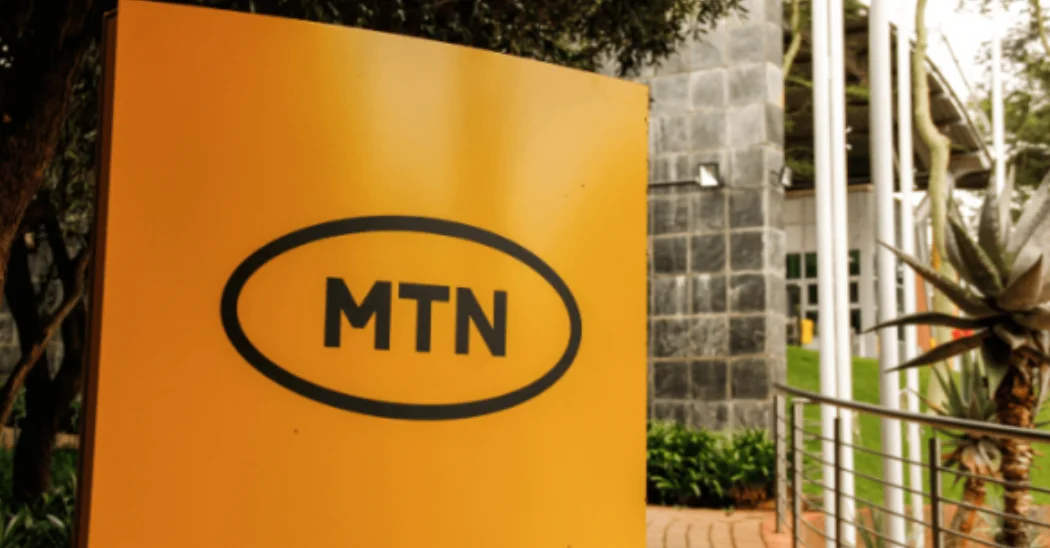Nigeria Powers Jumia’s 2025 Growth Amid Global E-Commerce Pullback
Nigeria has become the driving force behind Jumia’s recovery, with the e-commerce leader posting a 30% year-on-year increase in physical goods orders and a 43% rise in Gross Merchandise Value (GMV) in the country.
The latest update underscores Jumia’s resilience following the macro-economic and currency turbulence that affected Nigeria in 2024, highlighting the company’s ability to adapt locally while global competitors scale back.
Localised Approach Fuels Competitive Edge
Jumia credits its localised business model and infrastructure for thriving in a challenging market where international players are retreating.
“While some global entrants are pulling back from markets like Nigeria, we continue to expand our local market share,” the company stated. “Our local approach—strong vendor partnerships, efficient logistics, and deep understanding of customer needs—gives us a decisive advantage.”
Executives observed that competitors have reduced marketing budgets and raised prices, making it harder to operate at scale. Jumia, on the other hand, customises services for local customers, with on-the-ground support serving as a key differentiator in a market still building trust in e-commerce.
Extensive Logistics Network Supports Expansion
A robust logistics network sets Jumia apart. The company operates what it claims is Nigeria’s most extensive distribution system, enabling faster and more reliable deliveries than rivals reliant on smaller third-party logistics providers.
This infrastructure allows Jumia to efficiently reach more cities and customers, maintaining cost-effectiveness while scaling operations, a hurdle that has challenged many global platforms.
Rapid Expansion Across Nigerian Cities
Over the last 18 months, Jumia has aggressively grown its footprint, adding hundreds of cities across eastern, western, and northern Nigeria. The company recently extended services to previously underserved northern cities such as Sokoto and Maiduguri, tapping into large, untapped markets.
Although Côte d’Ivoire still hosts Jumia’s densest network due to an early launch in 2016, Nigeria is quickly catching up. Jumia’s current expansion began in mid-2023, leaving ample room for growth.
“We plan to expand further in Nigeria, particularly into northern regions,” Jumia said, emphasizing partnerships with local vendors and delivery networks as central to its strategy.
Strategic Vendor Partnerships Enhance Competitiveness
Jumia’s vendor strategy also contributes to its edge. By sourcing key products from Chinese suppliers, the company offers competitive prices and a wide product selection, outpacing global rivals in key segments.
The synergy of localised operations, strong logistics, and vendor partnerships solidifies Jumia’s leading position in Nigeria, even as international e-commerce competitors pull back.
Looking Forward
With Nigeria at the forefront of its recovery, Jumia is well-positioned to expand market share further, leveraging local knowledge, logistics infrastructure, and supplier networks.
As global competitors retreat from challenging markets, Jumia’s adaptation to local realities is proving effective, setting the stage for continued growth and market dominance in 2025 and beyond.










